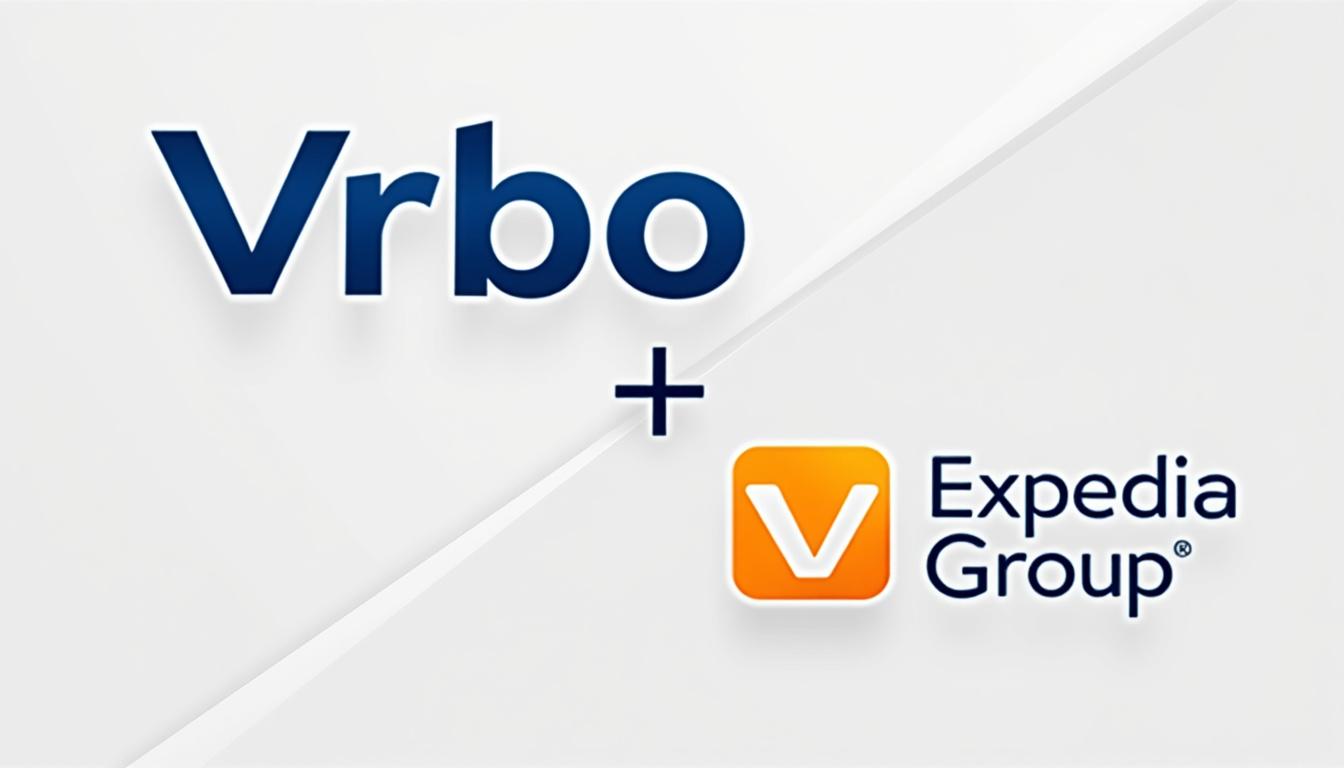In a significant shake-up of the vacation rental market, Expedia Group has announced its decision to phase out the HomeAway brand in the United States. This move, designed to streamline its vacation rental portfolio, marks a pivotal moment for both property owners and travelers alike. The transition, effective next month, will see users of the HomeAway website redirected to Vrbo.com, while HomeAway app users will be prompted to download the Vrbo app. With this shift, Expedia is sharpening its focus on Vrbo, a brand that has increasingly become synonymous with family travel.
Strategic Shift: The Rise of Vrbo
Expedia Group’s decision to dissolve the HomeAway brand stems from a concerted effort to enhance its market position in the rapidly evolving vacation rental landscape. After being rebranded in March 2019, Vrbo was designated as the primary alternative accommodations brand for Expedia Group, reflecting its ambition to become a leader in the vacation rental sphere.
Historically, HomeAway served a diverse array of travelers, but it has struggled against growing competition from newer entrants and established players in the vacation rental sector. Vrbo, on the other hand, has established a robust reputation, especially among family travelers. According to Peter Kern, the vice chairman and CEO of Expedia Group, “the Vrbo brand has consistently outperformed HomeAway with family travelers.”
This strategic pivot towards Vrbo allows Expedia Group to concentrate its resources on a unified brand, enabling enhanced marketing, engineering, and customer service capabilities. Over the years, the brand has expanded to 15 countries across the Americas, Europe, and the Asia Pacific regions, thus establishing a formidable global presence.
The removal of HomeAway from the market is not just about simplifying branding; it represents a deeper pursuit to deliver a more cohesive experience for families seeking vacation rentals. As such, this move is expected to cultivate a stronger connection with customers by fostering a singular brand identity that resonates with their travel aspirations.

The Evolution of User Experience in Vacation Rentals
With the transition to Vrbo, users can anticipate a seamless experience that enhances the overall convenience of booking vacation rentals. Travelers who have relied on HomeAway for their getaway plans will find that their needs for affordable and family-friendly accommodation are now catered to with greater efficiency.
The user interface on Vrbo.com is designed to optimize searches for family-centric properties, emphasizing features that matter most to families, such as large dining areas and kid-friendly amenities. This attention to detail caters to a demographic that values space and comfort during their travels. Additionally, the platform has eliminated unnecessary complexities in the booking process, which adds to user satisfaction.
Even amidst this significant branding transition, travelers can rest assured that their previous experiences with HomeAway will not hinder their new journey with Vrbo. Expedia Group assures that homeowners and property managers will face minimal disruption during this transition, with continued support and management systems across both platforms.
Marketing Strategies Post-Transition
The transition from HomeAway to Vrbo is expected to bring about notable marketing changes. By merging its brands under the Vrbo umbrella, Expedia Group aims to implement more targeted marketing strategies that resonate well with family travelers. Studies indicate that families are more inclined to choose platforms that emphasize convenience and reliability, and marketing efforts will naturally reflect this.
One innovative strategy that has emerged from this consolidation is the focus on storytelling—engaging potential customers through narratives that highlight unique travel experiences and family bonding moments. With campaigns that showcase real families embarking on memorable adventures, Vrbo builds an emotional connection with its audience that transcends mere transactional interactions.
Another key component of the marketing plan involves leveraging social media platforms. The procurement of user-generated content on platforms like Instagram enables Vrbo to showcase authentic family experiences in vacation rentals. By tapping into the power of community and storytelling, Vrbo can inspire other families to engage with its offerings while driving organic traffic to the site.
Additionally, with the latest advertising campaigns, Vrbo is positioning itself to not only attract new users but to also foster loyalty among existing customers. Emphasizing user testimonials and success stories can motivate property owners and managers to maintain their presence on Vrbo, effectively enhancing occupancy rates and generating sustainable revenue streams.
The Role of Data and Technology
The emphasis on travel technology plays a crucial role in enabling Vrbo’s successful market penetration. By utilizing data analytics, Vrbo can identify trends in consumer behavior and tailor its offerings accordingly. For instance, analyzing booking patterns allows Vrbo to make informed decisions about property promotion, thereby enhancing visibility for owners looking to optimize their rental exposure.
Furthermore, enhancements to the Vrbo platform, fueled by advanced travel technology, have streamlined processes for both homeowners and travelers. Property management software integrated into the platform enables homeowners to manage listings, bookings, and inquiries efficiently. In turn, potential customers benefit from features like dynamic pricing, which helps them secure competitive deals based on seasonal demand.
As competition intensifies in the travel services sector, the integration of cutting-edge technology remains vital to delivering exceptional user experiences. By prioritizing technological advancements, Vrbo positions itself as an innovative market leader poised to attract more users in an increasingly digital world.

Impacts on Property Owners and Managers
The retirement of the HomeAway brand brings about a wave of implications for property owners and managers who had previously relied on the platform for their listings. The transition to Vrbo offers both challenges and opportunities, making it imperative for owners to adapt swiftly to the changing landscape of vacation rentals.
Importantly, property managers and owners may experience an uptick in occupancy rates due to Vrbo’s sharpened focus on family travelers. As the platform’s marketing campaigns emphasize spaces tailored to families, properties that meet these criteria may see greater interest and engagement.
On the flip side, the transition requires property owners to familiarize themselves with the new platform, adjusting their listings and marketing strategies to align with Vrbo’s brand ethos. Staying updated with the platform’s policies and best practices becomes essential in order to maintain competitiveness in this evolving environment. Owners who adapt proactively will place themselves at the forefront of the vacation rental industry, reaping the benefits of greater visibility and enhanced booking potential.
Lessons Learned and the Future of Vacation Rentals
This transition from HomeAway to Vrbo represents a broader trend in the vacation rental industry towards consolidating platforms. As brands seek efficiency while meeting consumer needs, this strategy can have significant implications for property owners, travelers, and the market as a whole.
As seen with Vrbo, there is a delicate balance between maintaining brand identity and catering to a niche audience. Future adaptations in the rental market will likely involve further reforms reflective of consumer demands, emphasizing key areas such as accessibility and innovative travel solutions. The integration of the latest travel technology will play a crucial role in shaping the future of this landscape.
Furthermore, regulators are increasingly scrutinizing vacation rentals, with some localities imposing stricter guidelines governing short-term rentals. As property owners navigate these complexities, staying informed about relevant regulations becomes increasingly important. Platforms that streamline compliance efforts will be better positioned to retain their users, regardless of potential legal hurdles.
In summation, the retirement of the HomeAway brand is not merely a corporate decision; it is a transformative moment for the vacation rental market, signaling the emergence of a future rooted in innovation, connection, and family-centric travel experiences. As Vrbo takes the reins, it is set to redefine how families interact with vacation rentals in an interconnected world.
